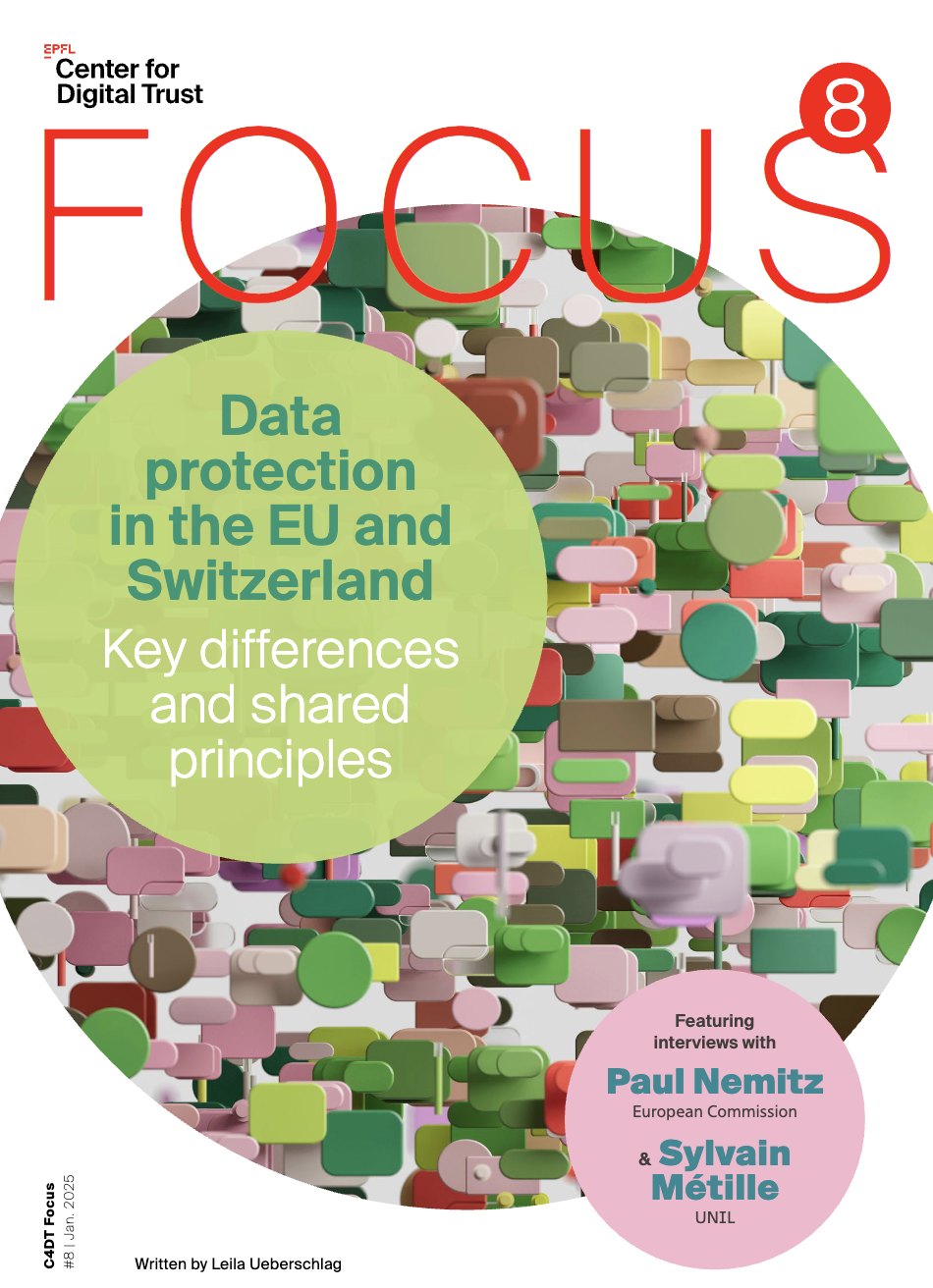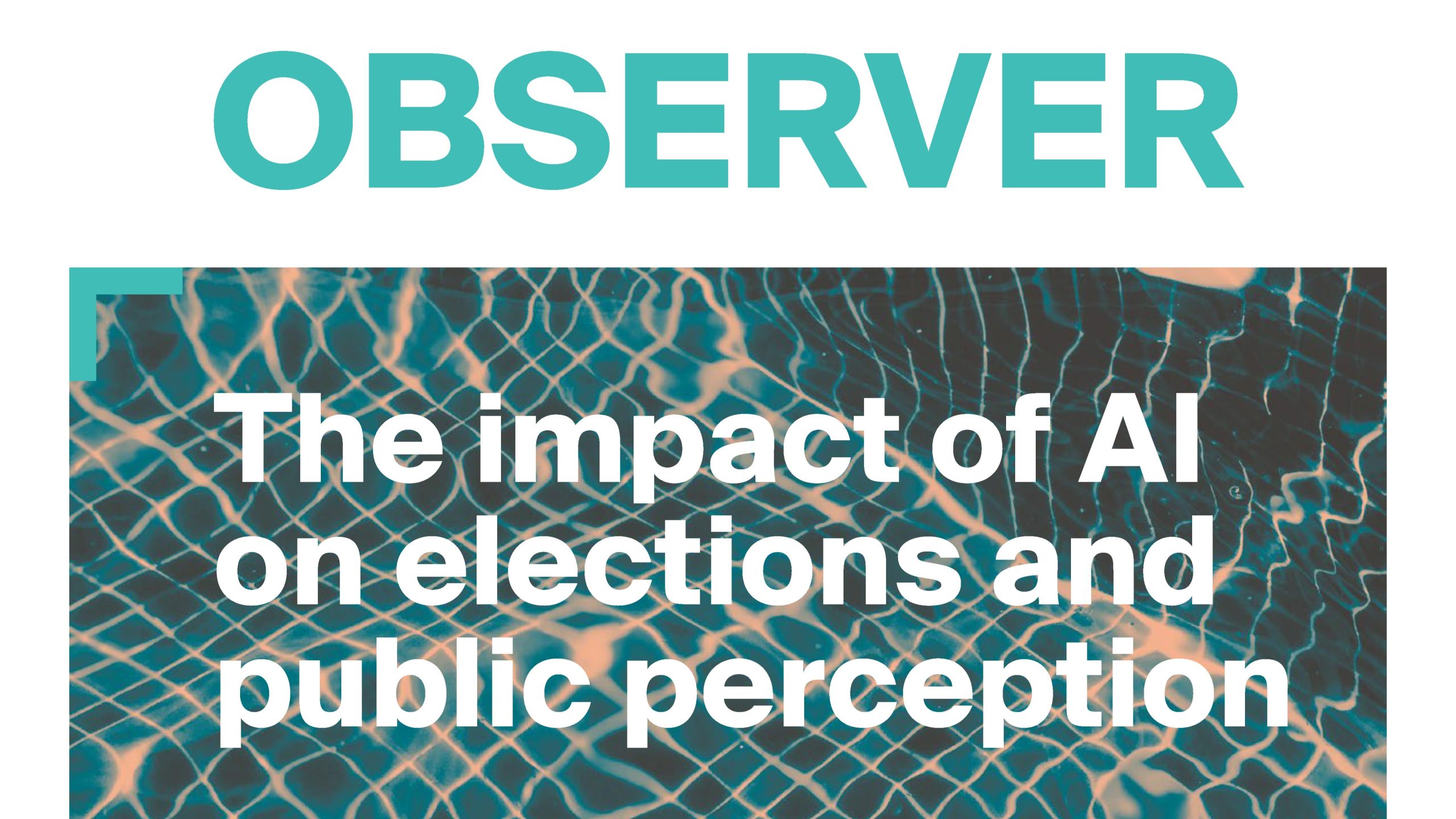I find this article interesting because it reveals how popular apps are being used to collect personal location data through real-time bidding (RTB), all without the knowledge of the app developers. The hacked Gravy Analytics files prove how apps, even those that are supposed to be private, can accidentally become part of this data supply (…)
I’m quite surprised that even Apple cannot get rid of LLMs hallucinations in its products. And I always thought that one of the best parts of LLMs are the summaries they produce. So for the moment it seems like a good idea to wait some more for the AI revolution.
Here is an article, in Cory Doctorow’s signature style, discussing social networks and what drives them and what makes people leave or stay. I like specifically how he dissects the way the once-good services these platforms used to provide got untethered from the profits their creators and CEOs were chasing over the years. Towards the (…)
The awesome Molly White throws light upon how to calculate the market cap of a crypto coin. I still think that decentralized systems like blockchains are very useful in some cases. However, the run for the coin with the most money seems very sad to me, and not just because of all the investors who (…)

The Ethics of Privacy and Surveillance by Carissa Véliz, Oxford University Press – 256 pages by Hector Garcia Morales “Privacy matters because it shields us from possible abuses of power”. Such a strong statement opens the introduction of the book, setting the grounds for the following pages. The thesis is that, in digital societies, there (…)
This provides a great overview of the extent and methods by which US critical infrastructure has been infiltrated over the past two years. It is clear that the lack of baseline cybersecurity requirements and inadequate product life cycle management by technology suppliers and telecom companies have created significant vulnerabilities. Equally concerning is the shift from (…)
Meta lays out in this blog post their rationale behind axing third-party fact checking and sweeping changes in content moderation on Facebook, Instagram and Threads. It is important to read this (or watch Mark Zuckerberg’s video) with recent company history in mind: Facebook’s failure to properly moderate content helped fan the flames in the Rohingya (…)
For a long time, Google dominated the search market, but this may be changing with new search habits emerging. Instead of googling multiple sites, I now primarily use two AI chatbots, challenge them to avoid hallucinations, and, if needed, click on their suggested links. For me, this is a more concise and much faster way (…)

Nearly seven years after the entry into force of the General Data Protection Regulation (GDPR) in Europe, what impact has it had on data protection? What are the main legislative differences between the European Union and Switzerland? And how will the situation evolve as the rise of generative AI in our daily lives further exacerbates privacy challenges? This edition of C4DT Focus explores these ques-tions by providing an overview of the situation in Europe and Switzerland, highlighting the simi-larities and differences, particularly through two interviews with data protection specialists
From data theft to interference in democratic processes, we’ve often warned of the negative consequences of digitalization in our weekly picks. To end the year on a more positive note, I like the way this site allows you to visualize the migrations flows of different bird species. Beautiful and peaceful.
Looking for something different this holiday season, but don’t want to go overboard? Consider exploring social media feeds without relying on “The Algorithm” to dictate what you see. While this option isn’t available on every platform and isn’t equally sensible for all, the EU has made it possible for you to have this choice. We’re (…)
Say cheese! This artist has created a whimsical website that allows New Yorkers to take selfies with traffic surveillance cameras installed all over the city. Maybe it can be used to track Santa’s whereabouts?

Imagine a world where all decision-makers, business leaders, researchers and citizens are empowered to harness the benefits of science and technology for all. Join the Geneva Science Diplomacy Week to make this happen for your country, your field, your organization and yourself!

Privacy Enhancing Technologies, or PETs for short, is an umbrella term for a wide range of technologies and tools designed to protect our privacy online. You may not realize it, but you probably already use PETs on a daily basis. Some common examples [1] include HTTPS, securing connections between you and websites End-to-end encryption, ensuring (…)
This article reveals how smart devices gather more information than typically required for their functions, including personal data, location, audio recordings … and this even for devices (like air fryers) that clearly do not require those. This (again) shows a lack of transparency and poses critical questions about consumer privacy.
I like this step-by-step discovery of a potential supply chain vulnerability described in the article. It’s easy to follow and shows some of the impasses the author went through, and how they solved the problem in the end. Bonus points for OpenWRT to be really reactive and fixing their systems in a timely manner!
This article is an overview of how AI-generated content, most notably images, are used by far right parties across Europe. It incidentally also highlights how lacking current abuse safeguards and strategies truly are, as almost all of the content presented in the article would surely fall under most companies’ prohibited use.
When we think of workplace surveillance, we usually think of the U.S. with its more unforgiving workplace environment and general lack of adequate privacy protection. However, as this report shows despite having more labour rights and stronger privacy protection, European workers are not safe from intrusions into their privacy in the workplace either.
If you want to attack a network of an organization which has a good firewall, a good entry point is the wireless network. But what do you do if the organization is on the other side of the globe? Easy: you hack a nearby organization with a bad firewall, then use their wireless network to (…)
This article discusses a study suggesting algorithmic bias favoring Republican-leaning content, and its owner Elon Musk’s posts in particular, on the social media platform X. The study further claims that this bias dates back to when Musk officially started supporting Donald Trump. While it is of course impossible to prove these allegations without access to (…)
The on-going journalist investigation into a data set obtained as a free sample from a US-based data broker continues to show how problematic the global data market really is. The latest article focusing on US Army bases in Germany reveals that not only can critical personnel be tracked by identifying their movement profiles, but that (…)

This publication revisits key questions with speakers from the Oct 1st conference on “Deepfakes, Distrust and Disinformation” through the lens of public perception and seeks to advance the debate surrounding AI, misinformation, and disinformation, especially in political contexts.
The collaboration between Bryan Ford’s DEDIS lab and the C4DT Factory team has culminated in the successful development and deployment of D-Voting. It is a privacy-preserving, secure, and auditable e-voting system for EPFL’s internal elections. Building on a six-year journey that began with the initial e-voting platform in 2018, the D-Voting system incorporates DEDIS’s latest (…)
The Orchard project is developed at EPFL’s HexHive research lab under the supervision of Prof. Mathias Payer in collaboration with the Center for Digital Trust. The project aims to provide a standardized platform for the software and systems security community to submit their research paper’s software artifacts. These submissions will be automatically built and assessed, (…)




